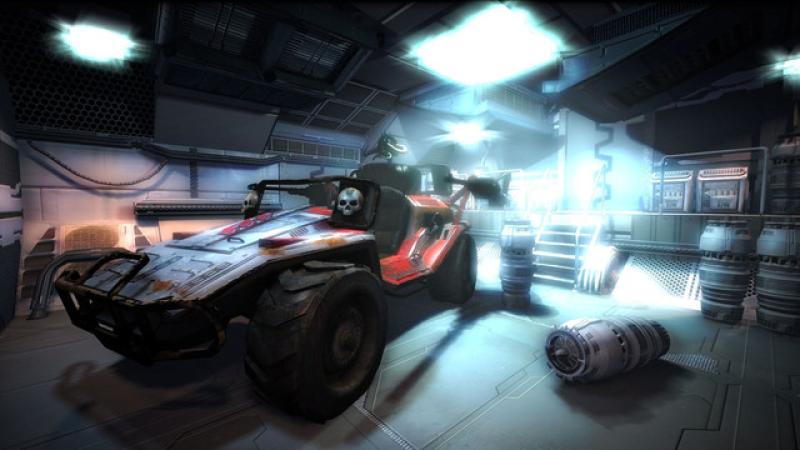History
Game engines have come a long way since the early days of gaming. The earliest engines were very basic and limited, often written specifically for a single game. As consoles and PCs became more powerful over time, engines evolved to support more complex graphics, physics, artificial intelligence, and other capabilities required by new genres of games. Some of the earliest widely-used engines include the Build engine from id Software which powered games like Duke Nukem 3D in the mid-1990s. Around this same time, the Quake engine debuted and set a new standard for 3D graphics and gameplay. Both of these engines were licensed and adapted by other developers, helping to establish a foundation for the industry.
Components of a Modern Engine
Today's Game Engines are sophisticated software development frameworks that allow developers to build immersive virtual worlds. A typical modern engine contains some key components:
- Rendering Engine: Handles all graphics processing and rendering 2D or 3D scenes from various viewpoints. Responsible for drawing textures, lighting effects, shadows, animations and more.
- Physics Engine: Simulates realistic collision detection and behaviors for virtual objects and characters based on the laws of physics. Governs things like gravity, friction, momentum, collisions, explosions, etc.
- Animation System: Manages character motions and animations through skeletal systems, blendshapes, keyframe data and other techniques. Allows natural movements for creatures, vehicles and other animated entities.
- Scripting Functionality: Provides a built-in scripting language or integration with a third-party language like Lua or JavaScript to extend the engine's capabilities through custom behaviors, events, UI systems and more.
- Audio System: Supports spatialized 3D positional audio, ambient effects, dialogue playback, sound effects. Often integrated with a middleware solution like FMOD or Wwise.
- Artificial Intelligence: Supports character behaviors, pathfinding, decision making, flocking, formations and other forms of computer-controlled intelligence throughout a game's world.
- Networking: Enables multiplayer functionality and synchronization between clients in networked and online games with support for things like client-server architecture, replication, prediction, etc.
- Development Tools: Comes bundled with asset importers, level editors, visual scripting tools, profilers and debuggers to streamline the creation process.
Popular Game Engines Today
There are several industry-leading commercial engines widely used by both indie and AAA studios for major console/PC titles. Here are some of the most popular options currently on the market:
- Unity: Estimated 60-70% market share. Cross-platform 2D & 3D engine with intuitive interface and asset store. Strong indie support.
- Unreal Engine: Used for many AAA games on all platforms. High fidelity rendering and powerful toolset but more complex than Unity.
- CryEngine: Highly optimized for demanding graphics. Used for Crysis series and more. Some limitations for small teams.
- Source Engine: Updated version used for Valve games like Half-Life & Portal. Complex but fully featured for multiplayer titles.
- GameMaker Studio: Extensive 2D capabilities and simple program flow make it ideal for beginners & small teams.
- Godot: Free and open source fully-featured 2D and 3D engine gaining traction especially among indies.
Choosing the Right Engine
When selecting a game engine, developers must consider their team size & budget, target platforms, desired visual fidelity, genre, timeline and other factors. Indie teams favor more approachable options like Unity or Godot for rapid prototyping while large studios leverage cutting-edge renderers in Unreal or internally built propriety solutions. Regardless of choice, a powerful modern engine is key to realizing even the most ambitious creative visions in interactive entertainment.
Get More Insights on Game Engines
Discover the language that resonates with you-
About Author-
Alice Mutum is a seasoned senior content editor at Coherent Market Insights, leveraging extensive expertise gained from her previous role as a content writer. With seven years in content development, Alice masterfully employs SEO best practices and cutting-edge digital marketing strategies to craft high-ranking, impactful content. As an editor, she meticulously ensures flawless grammar and punctuation, precise data accuracy, and perfect alignment with audience needs in every research report. Alice's dedication to excellence and her strategic approach to content make her an invaluable asset in the world of market insights.
(LinkedIn: www.linkedin.com/in/alice-mutum-3b247b137 )
